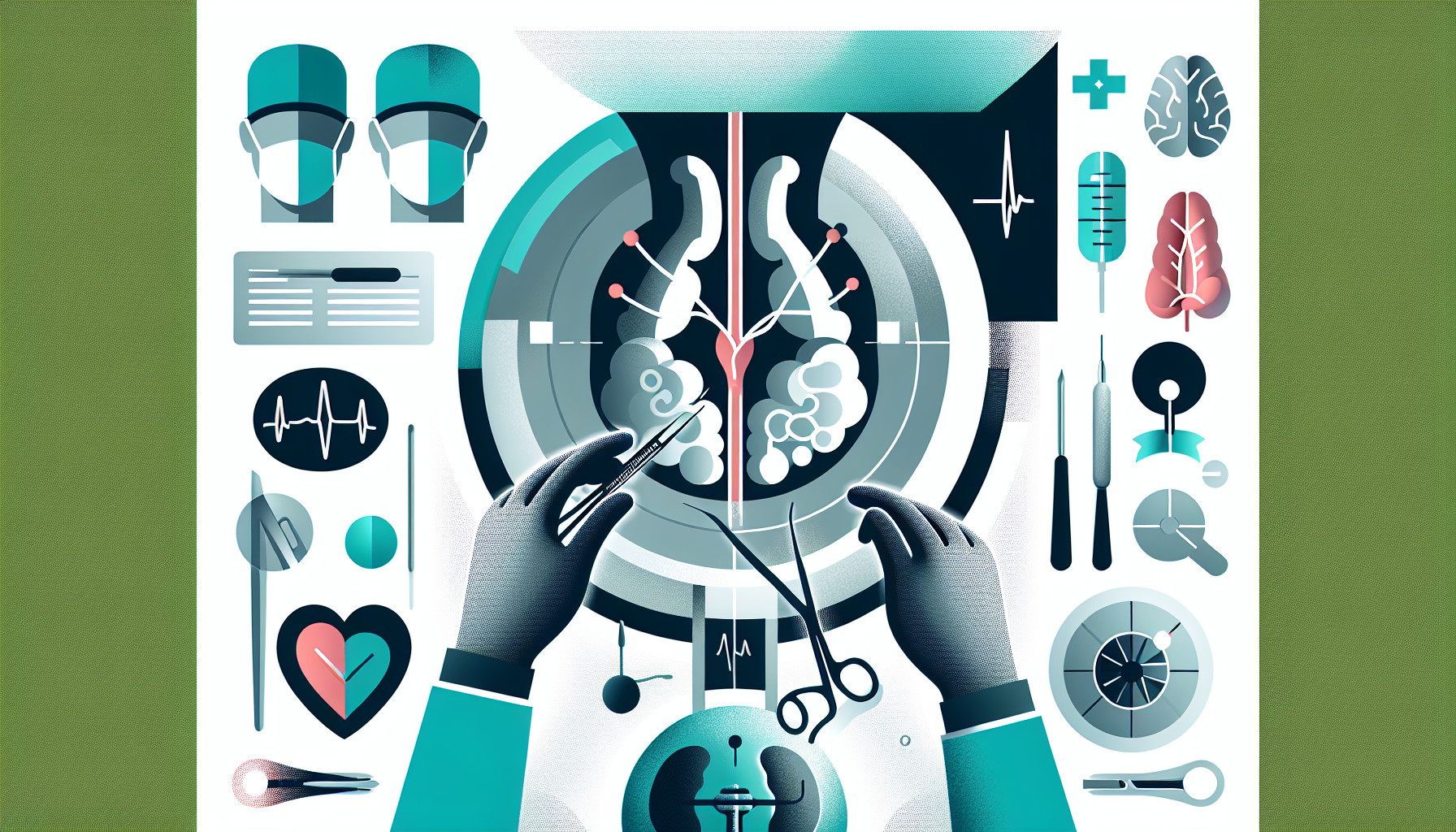Our Summary
This research paper investigates the effectiveness of penile prosthesis implants (PPI) as a treatment for erectile dysfunction. The study was conducted at the University Hospital Schleswig-Holstein in Kiel, Germany, with patients who underwent surgery for PPI. Both the patients and their partners were surveyed about their sexual satisfaction and quality of life after the procedure.
The results showed a high level of satisfaction among the patients and their partners, indicating that the PPI treatment is effective. This high level of satisfaction also led to an improved quality of life. The study concludes that penile prosthesis implants are a useful last resort treatment for erectile dysfunction, providing more than satisfactory results.
FAQs
- What was the main purpose of the research conducted at the University Hospital Schleswig-Holstein in Kiel, Germany?
- What was the overall response from patients and their partners who underwent penile prosthesis implant surgery?
- Did the research conclude that penile prosthesis implants are an effective treatment for erectile dysfunction?
Doctor’s Tip
One helpful tip a doctor might tell a patient about penile implant surgery is to follow post-operative care instructions closely to ensure proper healing and reduce the risk of complications. This may include keeping the incision site clean and dry, avoiding strenuous activities or sexual intercourse for a certain period of time, and taking any prescribed medications as directed. It is also important to attend follow-up appointments with the doctor to monitor progress and address any concerns.
Suitable For
Patients who are typically recommended penile implant surgery are those who have tried other treatments for erectile dysfunction with no success, such as oral medications, injections, or vacuum devices. These patients may have severe erectile dysfunction that significantly impacts their quality of life and relationships. Additionally, patients with conditions such as Peyronie’s disease, which causes curvature of the penis, may also benefit from penile implant surgery.
It is important for patients considering penile implant surgery to undergo a thorough evaluation by a healthcare provider specializing in sexual health. This evaluation will help determine if the patient is a suitable candidate for the procedure and assess any potential risks or complications. Patients should also have realistic expectations about the outcomes of the surgery and be prepared for the recovery process.
Overall, penile implant surgery is a viable option for patients with severe erectile dysfunction who have not found success with other treatments. It can significantly improve sexual satisfaction and quality of life for both the patient and their partner.
Timeline
Before Penile Implant Surgery:
- Patient experiences erectile dysfunction, which may not respond to other treatments such as medication or therapy.
- Patient and their healthcare provider discuss the option of penile implant surgery as a last resort treatment.
- Patient undergoes pre-operative consultations and assessments to determine if they are a suitable candidate for the surgery.
After Penile Implant Surgery:
- Patient undergoes the surgical procedure to implant the penile prosthesis.
- Patient may experience discomfort and pain in the days following the surgery.
- Patient receives post-operative care and instructions on how to care for the implant and manage any potential complications.
- Patient and their partner may undergo counseling or education on how to adjust to the implant and maintain a healthy sexual relationship.
- Patient and their partner experience an improvement in sexual satisfaction and quality of life, as indicated by post-operative surveys and follow-up appointments.
What to Ask Your Doctor
- What are the potential risks and complications associated with penile implant surgery?
- How long is the recovery process after surgery, and what can I expect during this time?
- Will the implant affect the sensation or function of my penis during sexual activity?
- How long will the penile implant last, and will it need to be replaced in the future?
- What are the alternatives to penile implant surgery, and why is this the recommended treatment for me?
- How will the surgery impact my ability to engage in physical activities or exercise?
- How soon after the surgery can I resume sexual activity, and are there any restrictions or precautions I should be aware of?
- Will I need to make any lifestyle changes or adjustments after the surgery to maintain the effectiveness of the implant?
- Are there any long-term effects or considerations I should be aware of regarding the penile implant?
- Can you provide me with information about the success rates of penile implant surgery, based on your experience and previous patients?
Reference
Authors: Arndt KM, Chomicz A, Jünemann KP, Osmonov D. Journal: Urologe A. 2021 Mar;60(3):344-350. doi: 10.1007/s00120-020-01418-z. Epub 2020 Dec 23. PMID: 33355683
